|
by Rana Asfour Tonight Abu Dhabi International Book Fair ends. And by the time you get to the end of this article, most of its honorary guests, speakers and even some of its organisers will have packed their bags and boarded their designated planes home.
On a personal note I attended the last of the professional program sessions last night; sessions that included speakers from all around the world like digital publishing guru Richard Nash as well as visionary Peter Armstrong. The aims of the program are to offer unique insights into the Middle East Market and culture, provide networking opportunities with decision makers in the publishing industry, create the opportunity to sign exclusive deals with new books, writers and illustrators from the region, as well as to meet content developers and service providers showcasing their products, services and know-how. It is in particular, as the ADIBF is in general, concerned with promoting the literature of reading to the public. Project manager for the ADIBF professional program, Andreas Hägglund, believes that the success of the program is in large part due to its targeted audience of professionals whether as speakers or attendees from the field. Although the program does not turn away anyone eager to sign up to it, it is according to Hägglund designed and structured in a way that will be of more appeal, interest, and benefit to those in the business of books than to members of the general public. This year in particular, the professional program inaugurated its first edition of the ADIBF Academy that provided candidates with academy certificates that are meant to 'showcase their 21st century skills'. Certificates were only given out to those who attended at least 4 sessions (bronze certificate), as well as to anyone who attended 6 (silver) and 8 (gold) sessions. Attendance stamps were issued on a daily basis to keep track of the session sat by each attendee. Asked about the significance of these certificates Hägglund stated that although the efficacy of the certificates was difficult to determine in its first year, the long term benefit was in no doubt significant. 'Today the certificate doesn't directly help you secure a job in the book industry, but it does help demonstrate that a person holding them is serious about the industry and willing to put in the hours to get to know it better. These sessions are like training courses, the more you attend the more aware you will be of the market and all it involves. Basically, it demonstrates to those already veterans in the field how committed and serious you are to enter as a contender'. Asked on what room for improvement he saw in further pushing the program forward, Hägglund, who is a Lean Management advocate, stated that although the speakers 'were generally happy with their sessions' there was always room for improvement and lessons to be learned. 'We are always trying and learning. One should always look at what one is doing and whether or not it is adding value to the total work. If not, then the effort should go to stopping that which does not add value and concentrating on finding ways that will move things forward. As long as today is better than yesterday and tomorrow is better than today, then you are on the right track'.
0 Comments
Your comment will be posted after it is approved.
Leave a Reply. |
Archives
March 2021
|


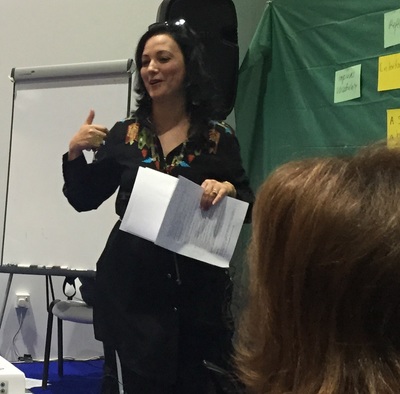
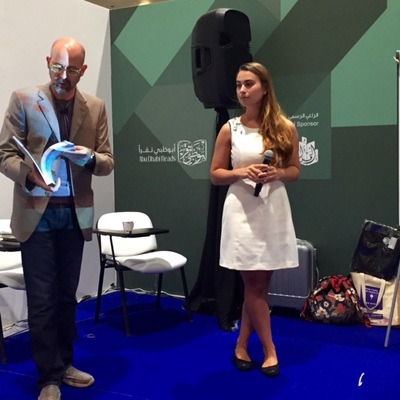
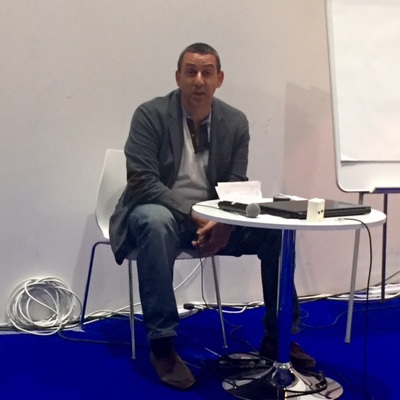

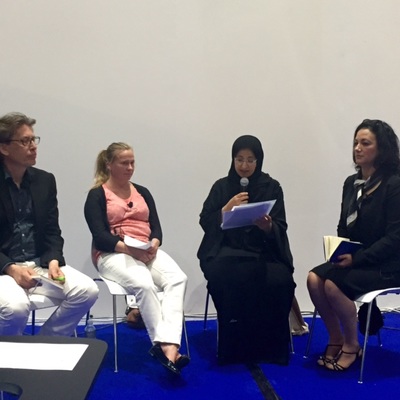
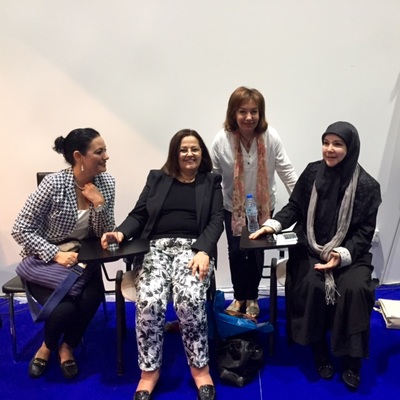


 RSS Feed
RSS Feed
